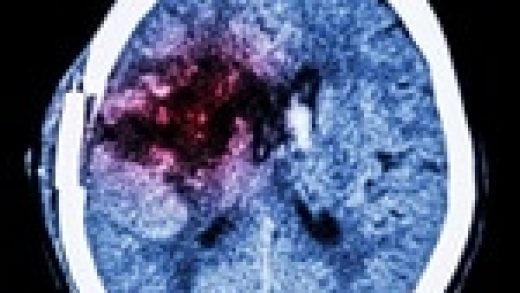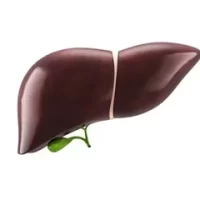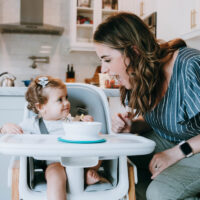Researchers have improved a strain of Escherichia coli bacteria to be immune to common viral infections while also reducing the possibility that the bacteria or their altered genes will escape into the wild, marking a significant advancement in genetic engineering and synthetic biology.
The research promises to lessen the risks of viral contamination when using bacteria to produce useful materials like biofuels and medicines like insulin. Viruses that infect bacteria in tanks can currently stop production, jeopardize drug safety, and cost millions of dollars.
Results are published in Nature on March 15.
According to the study’s first author, research fellow Akos Nyerges, “we believe we have created the first technology to design an organism that can’t be infected by any known virus.”The research, according to him, also offers the first internal safeguard that prevents genetically altered material from being incorporated into unmodified cells.
According to the authors, their research offers a general strategy for making any organism virus-resistant and blocking gene flow into and out of genetically modified organisms (GMOs). As organizations investigate the safe application of GMOs for growing crops, preventing the spread of disease, producing biofuels, and removing pollutants from open environments, these biocontainment strategies are gaining more and more attention.
The discoveries add to earlier attempts by genetic engineers to create a beneficial, secure, virus-resistant bacterium.
A team from the University of Cambridge believed they had created a virus-resistant strain of E. coli in 2022. However, Nyerges later collaborated with research associate Siân Owen and graduate student Eleanor Rand in the lab of co-author Michael Baym, an assistant professor of biomedical informatics at the Blavatnik Institute at HMS. They found viruses that could still infect the modified bacteria when they sampled local areas where E. coli was prevalent, such as chicken coops, rat nests, sewage, and the Muddy River next to the HMS campus.
It was “a bummer” to learn that the bacteria weren’t entirely virus-resistant, said Nyerges.












